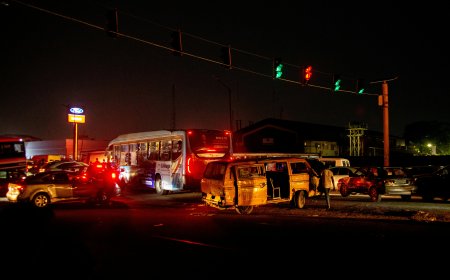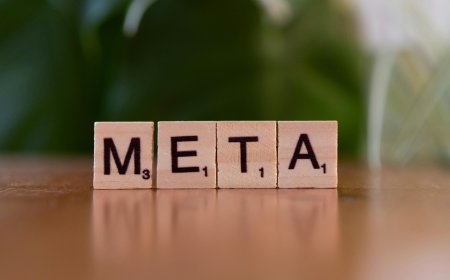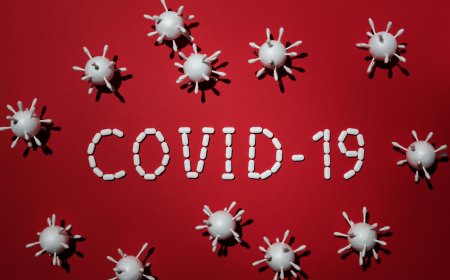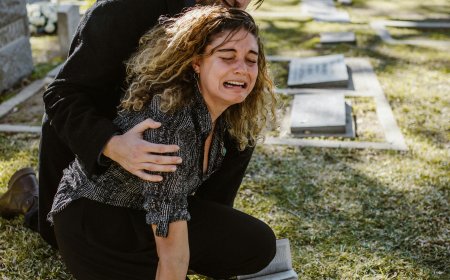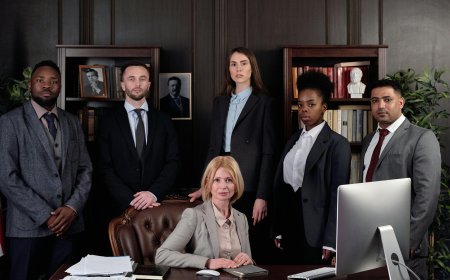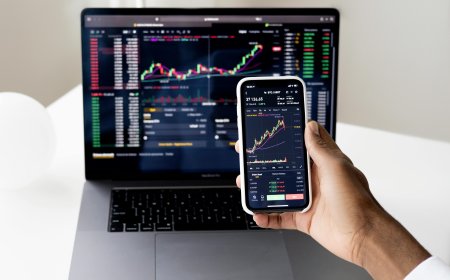Zelensky Signals Putin Talks as Trump Offers Europe Security Reassurances
Zelensky opens door to talks with Putin as Europe weighs Trump’s security guarantees, reshaping global power dynamics.
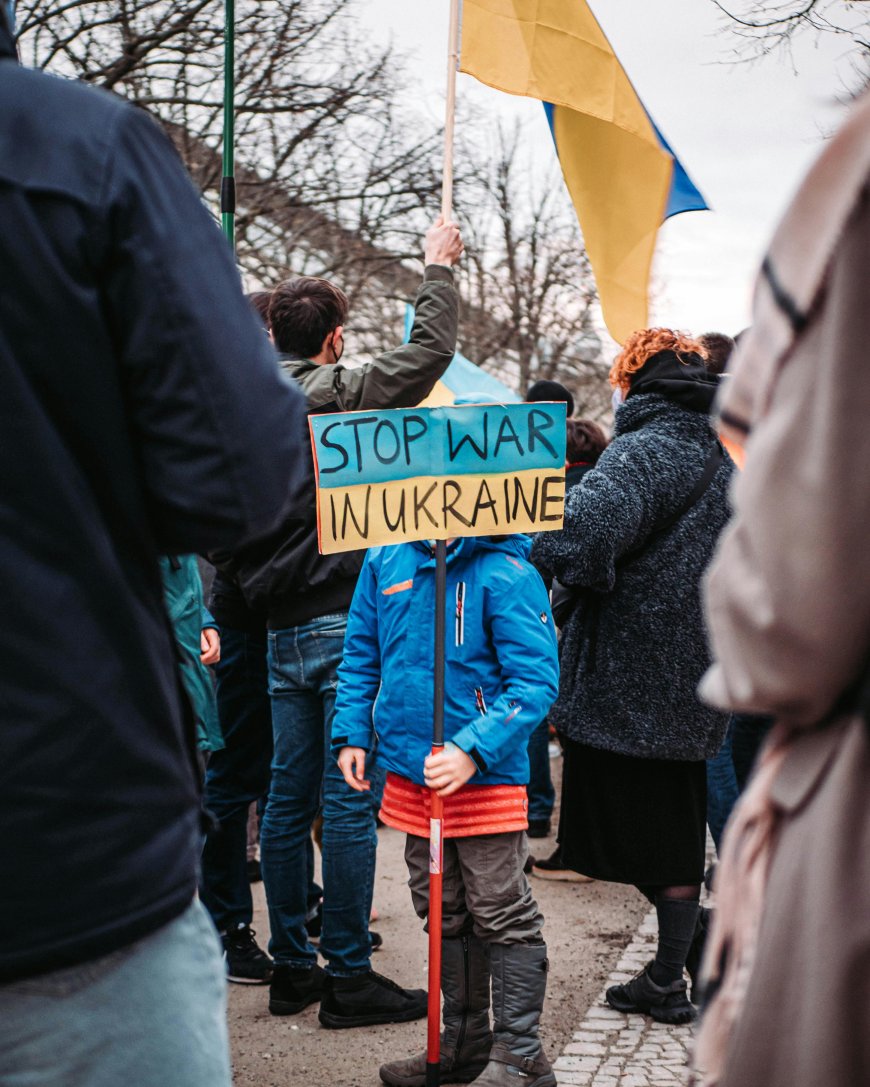
When Ukraine’s President Volodymyr Zelensky declared he was ready to hold talks with Vladimir Putin, the announcement rippled across Europe and beyond. At the same time, Donald Trump’s offer of new “security guarantees” for European allies stirred cautious optimism among leaders who have been caught between Washington’s political shifts and Moscow’s aggression.
The intersection of these two developments—Zelensky’s willingness to negotiate and Europe’s response to Trump’s pledges—marks a pivotal moment in the war’s trajectory. With Ukraine weary from years of conflict and Europe searching for stability, the stakes could not be higher.
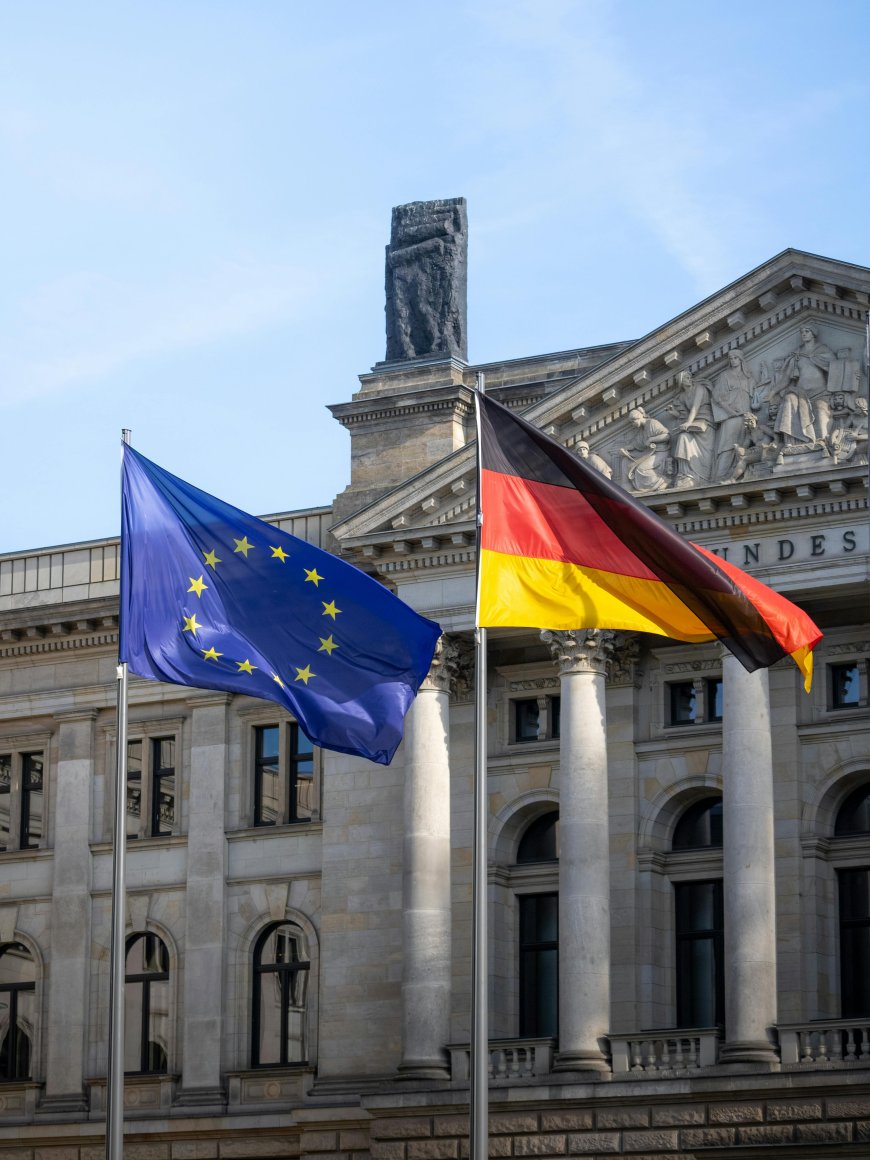
Zelensky’s Unexpected Offer of Dialogue
Zelensky’s readiness to talk with Putin signals a shift from the hardened stance he maintained throughout much of the war. For months, Kyiv had insisted that peace could only come after the full withdrawal of Russian troops. Yet his recent remarks indicate a willingness to “explore dialogue” under conditions that preserve Ukraine’s sovereignty.
This subtle but significant change reflects several realities:
-
Exhaustion on the battlefield: Ukraine has endured relentless bombardments, energy shortages, and mounting casualties.
-
Western fatigue: Aid packages have faced delays in Washington and debates in European parliaments.
-
Shifting global priorities: As other crises emerge, Ukraine must keep its war from slipping off the world’s radar.
For Zelensky, opening the door to talks does not mean surrender. Instead, it’s a calculated move—signaling flexibility to allies while keeping pressure on Moscow.
Putin’s Silence and Moscow’s Calculations
The Kremlin has so far remained publicly noncommittal. Putin, who portrays the conflict as a historic mission, is unlikely to embrace negotiations without extracting visible concessions.
Analysts note that Moscow sees time as its ally:
-
Territorial entrenchment: Russia has fortified occupied regions, making any Ukrainian counteroffensive costly.
-
Economic endurance: Despite sanctions, Russia has redirected trade and maintained energy leverage.
-
Political theater: By stalling, Putin projects strength to his domestic audience while testing Western resolve.
For now, the Russian president’s silence suggests he is weighing whether Zelensky’s gesture is genuine or simply tactical.
Trump’s Security Guarantees: A Divisive Signal for Europe
While Zelensky spoke of dialogue, Donald Trump reignited debate in Europe with his promise of new “security guarantees” should he return to the White House. Though short on detail, the former U.S. president’s assurances struck a chord across European capitals.
Many leaders in NATO’s eastern flank—particularly Poland and the Baltic states—welcomed the gesture, seeing it as reassurance that the U.S. would not abandon them in the face of Russian aggression. Others, however, viewed it with caution. Memories linger of Trump’s criticism of NATO spending and his flirtations with a transactional approach to alliances.
For European policymakers, Trump’s words raise pressing questions:
-
Would a second Trump presidency strengthen or weaken NATO?
-
Could his security promises conflict with existing commitments?
-
Is Europe prepared to shoulder more of its own defense?
Europe’s Balancing Act
Across the continent, officials are navigating a complex balancing act. On one hand, they recognize Ukraine’s need for sustained support and view Trump’s guarantees as potentially useful leverage. On the other, they worry about strategic dependence on Washington’s shifting politics.
Several European leaders have quietly accelerated defense spending, aware that U.S. backing may not always be unconditional. Germany’s investment in military modernization, France’s push for “strategic autonomy,” and the EU’s broader security initiatives all reflect a new realism.
For ordinary Europeans, the war feels increasingly personal. From rising energy bills to the influx of refugees, the conflict’s consequences are tangible. Any sign of renewed U.S. involvement, even if controversial, resonates widely.
A Story from the Front: Human Cost of Uncertainty
In a small town near Kharkiv, a teacher named Olena recently told reporters how her students draw pictures of “peaceful days” they barely remember. Her husband, serving on the eastern front, sends voice messages instead of phone calls—“less dangerous,” he tells her, in case signal tracking reveals his location.
For Olena, talk of negotiations and American guarantees feels abstract, almost distant. What she wants most is simple: a future where her children no longer flinch at the sound of air-raid sirens.
Stories like hers capture the human dimension of the geopolitical chessboard. While leaders debate treaties and guarantees, millions of Ukrainians continue to endure daily uncertainty.
Washington’s Role: Between Biden and Trump
The backdrop to all this is a deeply divided Washington. President Joe Biden has positioned himself as Kyiv’s steadfast ally, securing billions in aid and rallying NATO unity. Yet congressional gridlock has slowed funding, leaving Ukraine vulnerable to political tides in the U.S.
Trump’s contrasting message—less focus on financial aid, more emphasis on deterrence through strength—offers Europeans a different vision. Some find it pragmatic; others fear it risks emboldening Moscow.
For Ukraine, the challenge is to remain bipartisan in American politics, ensuring its survival does not hinge on the outcome of a single U.S. election.
What Comes Next for Ukraine and Europe
The convergence of Zelensky’s diplomatic opening and Trump’s reassurances creates both opportunity and risk. If carefully managed, it could lead to:
-
A framework for negotiations that preserves Ukraine’s sovereignty while halting the bloodshed.
-
Renewed transatlantic unity, balancing U.S. security promises with Europe’s growing defense capacity.
-
Pressure on Moscow, signaling that Ukraine’s allies remain engaged despite political shifts.
But the risks are equally clear:
-
Miscalculation by Russia, interpreting openness as weakness.
-
Fragmentation within NATO, if allies disagree on Trump’s role.
-
Prolonged stalemate, leaving Ukraine stuck between exhaustion and uncertainty.
Conclusion: A Defining Crossroads
Ukraine’s war has entered a defining chapter. Zelensky’s willingness to talk to Putin is not a capitulation but a strategic pivot, designed to keep allies engaged while exploring potential off-ramps. Trump’s security guarantees, meanwhile, highlight Europe’s enduring reliance on Washington—yet also its growing determination to stand on its own.
For Europe and the wider world, the coming months will test whether these parallel signals lead to genuine diplomacy or deepen the geopolitical rift. What remains constant is the human toll. In villages, cities, and refugee shelters, Ukrainians wait for leaders to decide their future.
History may remember this moment as the time when the war’s course began to shift—or when the opportunity for peace slipped away.
FAQs
1. Why is Zelensky open to talks with Putin now?
Zelensky’s shift reflects battlefield fatigue, delayed Western aid, and the need to show flexibility to allies without compromising Ukraine’s sovereignty.
2. How has Putin responded to Zelensky’s offer?
So far, Putin has remained silent. Analysts believe he is calculating whether the move reflects real weakness or a tactical gesture.
3. What do Trump’s “security guarantees” mean for Europe?
Though details are unclear, Trump’s pledge suggests he would reassure allies of U.S. protection, but his past criticism of NATO raises concerns.
4. How are European countries reacting?
Responses are mixed: Eastern states welcome Trump’s words, while others fear dependence on shifting U.S. politics and are boosting their own defense.
5. Could these developments lead to peace talks soon?
Possibly, but significant obstacles remain. Genuine negotiations would require compromises from both Kyiv and Moscow, as well as united Western support.
What's Your Reaction?
 Like
1
Like
1
 Dislike
0
Dislike
0
 Love
0
Love
0
 Funny
0
Funny
0
 Angry
0
Angry
0
 Sad
0
Sad
0
 Wow
0
Wow
0









